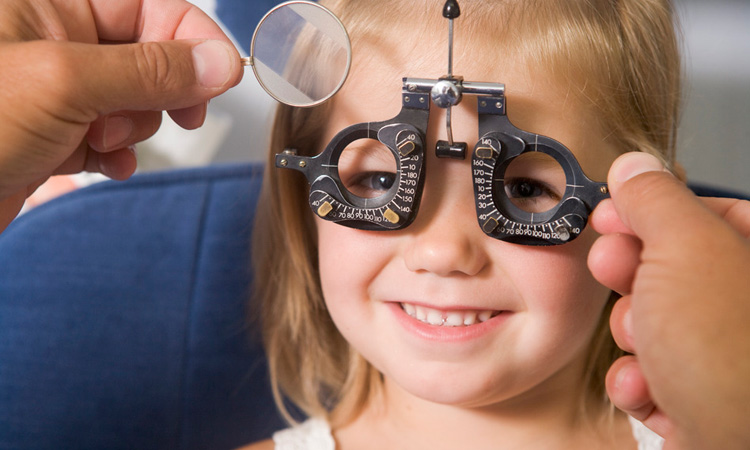Blue Blocker Lenses: Are They Worth The Hype?
As our bodies continue to age, it is understandable that we begin to experience more changes. And whether we like it or not, doctors and other medical specialists are here to help us make sure that our bodies are operating at the very best levels that they can and when they are not, doctors are the people we visit to find out why.
For example, declining eyesight is one of the most common and most easily diagnosable issues our bodies may encounter throughout our lives. Worsening eyesight is often associated with getting older and while there are a variety of reasons and levels of severity, ultimately poor eyesight is typically very treatable except in certain circumstances.
As a general rule of thumb, it is suggested that you should visit the eye doctor once every one to two years. Even if you don’t feel your eyesight has changed, an optometrist will be able to know for sure and make any adjustments to your eye prescription as necessary.





